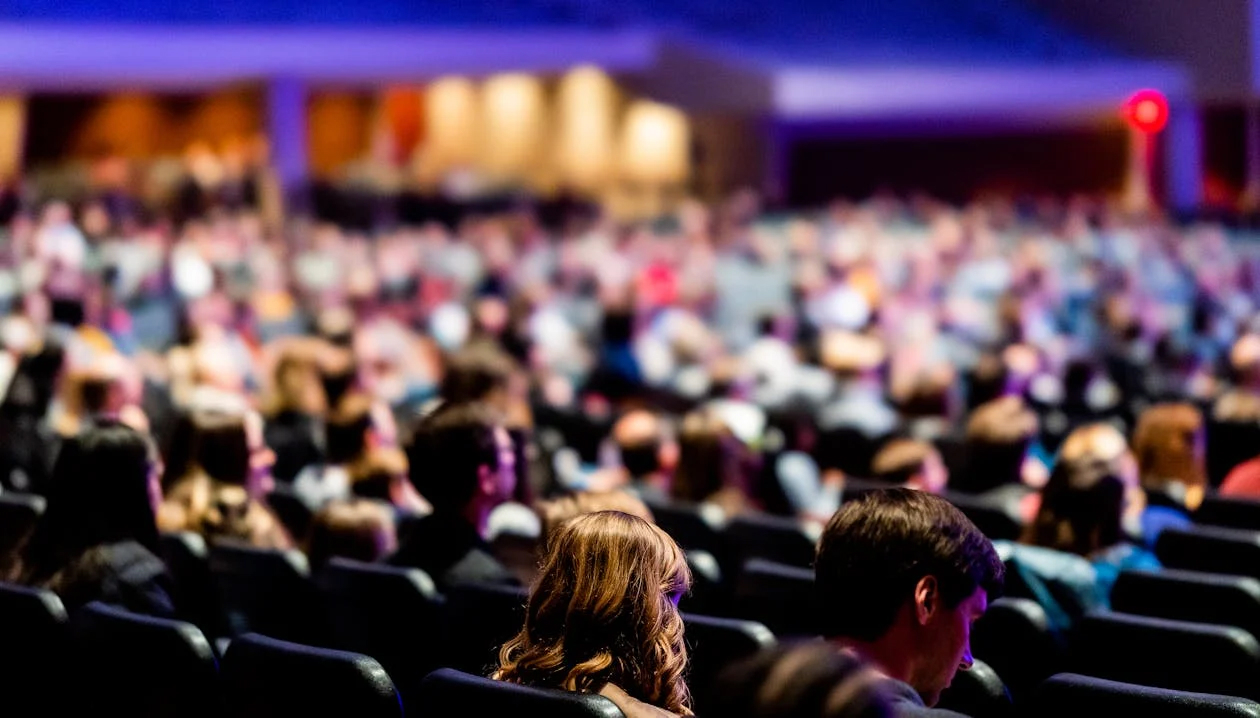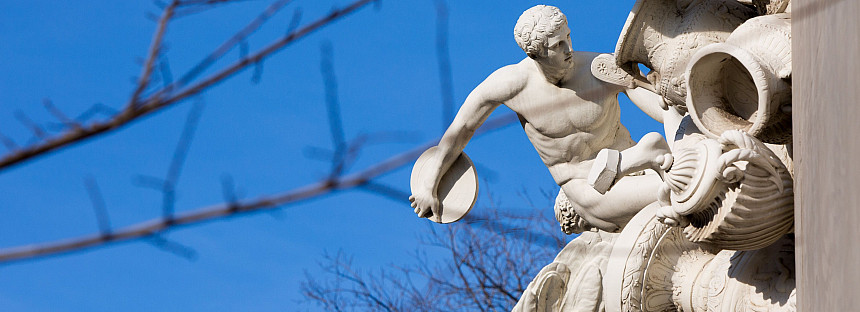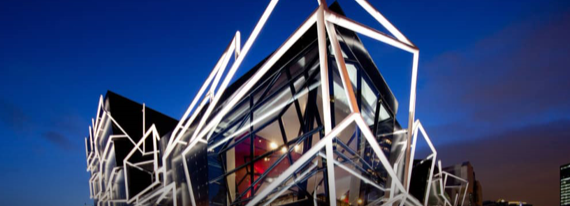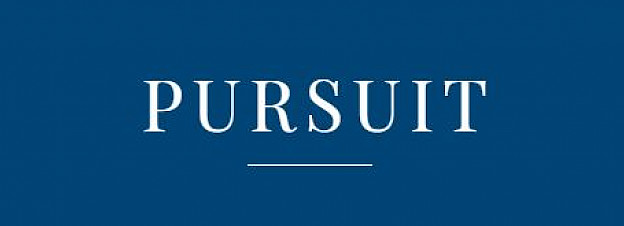
Events
Faculty of Architecture, Building & Planning at the University of Melbourne
Featured events
True Liberal? The Record and Legacy of the Fraser Government, 1975-1983
True Liberal? The Record and Legacy of the Fraser Government, 1975-1983 is a major symposium on 12-13 December 2025 hosted by the University of Melbourne’s Archives & Special Collections, the Melbourne School of Government and Trinity College. It is held to mark the 50th anniversary of the inauguration of the Fraser government following the landslide federal election in December 1975.
The symposium brings together scholars, politicians, political thinkers and civil society leaders to review the record of the government and its relevance to contemporary issues and debates concerning the nature of liberalism and other issues. Speakers include Jackie Huggins, Anne Twomey, Glyn Davis, Fred Chaney, Cheryl Saunders, David Kemp, Senator James Paterson, Alexander Downer, Sean Gordon, Peter Shergold, Sonja Hood, Deborah Glass, George Brandis, Michael Crommelin, John Hawkins, Phoebe Wynn-Pope, Ian McPhee, Michael Wesley and many more.
The symposium includes panels on:
- What kind of leader was Fraser and how do we characterise the government?
- What is liberalism today?
- Australia in the world
- Refugees, migration and multiculturalism
- Monetary policy, the economy and productivity
- First Australians, then and now
- Human rights
- The public service
- Constitutional and administrative reform
- The culture of the nation
The University of Melbourne Archives are the custodians of the Malcolm Fraser Collection, one of Australia’s largest personal collections of Australian Prime Ministers. The collection consists of personal, electoral and political correspondence, speech notes, photographs, subject files and post-parliamentary records.
The symposium will coincide with the biennial Fraser Oration, an opportunity to explore matters of public and social interest in line with Malcolm Fraser’s vision for Australia, and more broadly his support for multiculturalism, universal democratic principles, human rights and free speech. The 2025 Oration will be presented by the Rt Hon Helen Clark, Prime Minister of New Zealand from 1999–2008. Helen served two terms as Administrator of the United Nations Development Programme (UNDP) and as Chair of the United Nations Development Group from 2009-2017.
The science behind aging: cells, stress and the power of connection
Join us online or in person as Professor Elizabeth Blackburn describes her research journey: from curiosity-driven research uncovering of how cells protect their chromosomal ends (telomeres), to how loss of telomere protection contributes to human aging and aging-related diseases. Influences on human telomere maintenance are only partially genetic; they prominently include psychological and life and societal circumstances - starting from earliest life and reverberating through the life course. The broader implications of such scientific research will be discussed.
This event was originally taking place at the Bio21 Auditorium but has now been moved the Carrillo Gantner Theatre in the Sidney Myer Asia Centre.



